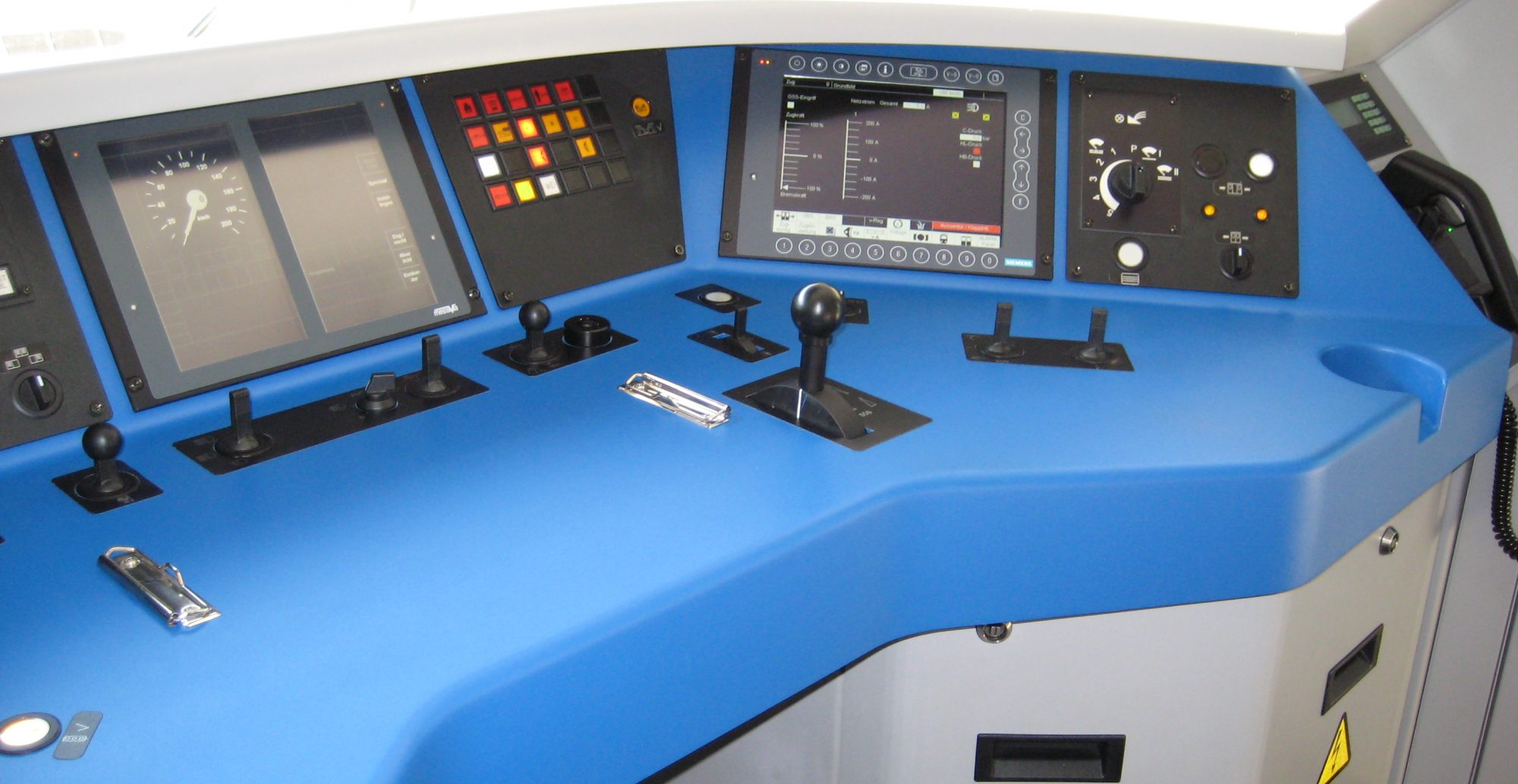What kind of boss are you? Do you promote an environment with an acceptable tolerance for risk or are your actions and policies creating a workspace where failure and risk cannot be allowed?
I’ve had both kinds of bosses in my career. Fortunately, my first boss understood that risk tolerance was necessary to allow his new engineers to excel. One of his first directives to each new hire was “if you don’t burn something up once in a while, you aren’t trying hard enough.” This set a level of expectation that we were to stretch a bit and take calculated risks, within reason, of course! While he didn’t define the period of “a while”, we understood that the occasional goof was expected and not the end of the world. What a wonderful environment to get the most out of each individual.
I contrast this to one of my later bosses. His style was to pit each of us against our peers to “inspire” us to greatness, all the while complaining that we didn’t work well together as a team. One of his favorite tactics was to tell each of us a slightly different version of his goals to keep us at odds. His tolerance for risk was essentially zero, which made even our successes seem like failures. Nothing was ever good enough or met his demanding expectations. After a few months of favorable results from this approach, the team’s effectiveness eventually stalled and further gains were stymied. Risks like contrary opinions and suggesting alternate approaches were discouraged in favor of the safer blind adherence to the boss. As a result, a “Yes Man” mentality emerged, which was further cultivated by this boss. Ultimately he failed but not without first causing stress to the organization and to his people. Worse, we also failed to grow during his tenure in part due to his low level of risk tolerance.
Note that when discussing tolerance for failure I’m not talking about Risk Appetite, which is more of an organizational definition of risk tolerance. Very few organizations can tolerate “bet the company” risks. Since it is his company, Elon Musk can do this. The rest of us with risk adverse bosses and boards have incentive to be good stewards of the company, its employees, and the customers, and manage our risks accordingly. But there needs to be some level of risk tolerance in order to improve. A company where everything is safe can all too easily stagnate and may eventually become irrelevant in the marketplace. Your team is the same – when you allow your people to stretch in little ways, their performance and value can improve as a result. And the way you encourage them to take on small risks and your tolerance of their stumbles as they learn can make all the difference.
As a topic, risk and risk management is one of the most important areas for project and organizational management. Having an appropriate tolerance for failure from your team is necessary to promote a culture of innovation on multiple levels.
Stay tuned….
